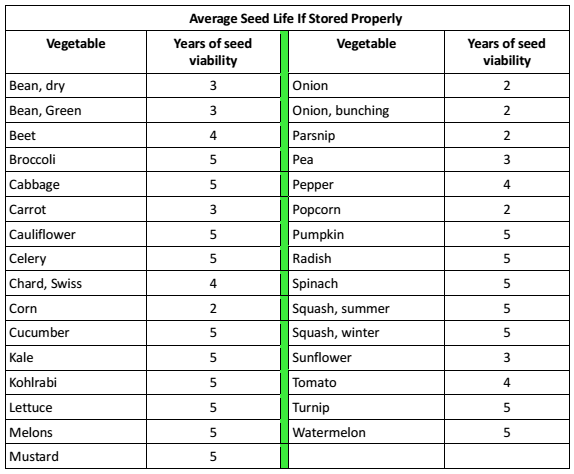Most all seeds will last longer than the package is dated for. Somewhere I have a chart (or you can google the chart) that lists typical seeds and how long you can expect them to last under ordinary storage conditions, like on a shelf in a temp controlled house. Of course germination rates do diminish over time, but other than a few veggie types, most seeds will keep between 2 to 5 years and still germinate reasonably well.
I think this is awesome for only 6 months in!
I too was not born with a green thumb nor did anyone/family teach me. I've killed plenty of plants in my determination to become a gardener, but a lot of good gardening books and understanding soil structure and how to nourish it properly....or damage it inadvertently, has gone a long way in my becoming modestly successful.
I don't have a good brand to recommend, but there is a technique called Hugelkultur that uses logs, branches and heavier materials to build gardening beds. Not the bed sides, the the bed part of the beds. It takes longer, but as the materials break down they really nourish the soil.
Hugelkultur
I used to have large maple trees on my last farm and would pile some leaves up to make leaf mold compost, pile some over the gardens in the winter to break down under the snow, and still more I would mow over several times to chop up then mix into my garden soil or compost piles. They are excellent as a free carbon source for hot or cold composting.
Twigs and branches can be piled up too and then covered n leaves and let set to cold compost as well.
Leaves also make great layers for deep litter in the chicken house, (or garden) or as a straight replacement for shavings. While not as absorbent, my chickens always love working through the leaves and breaking things down into compost for me.


